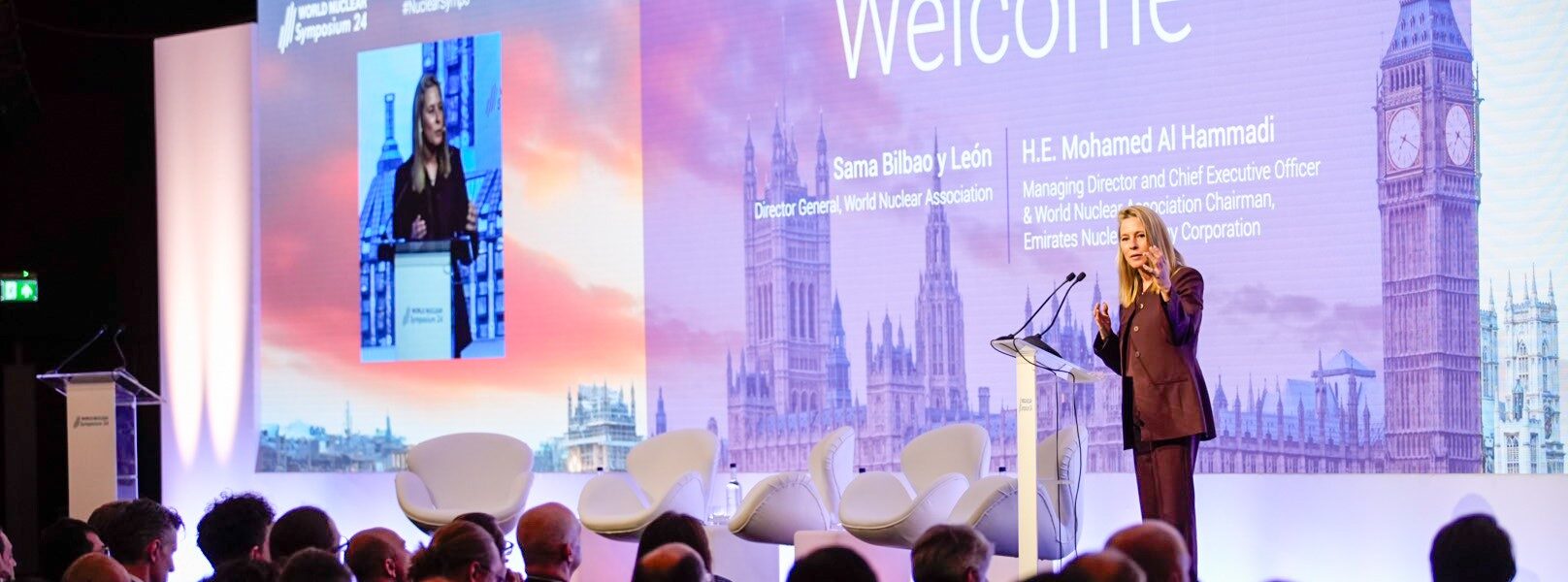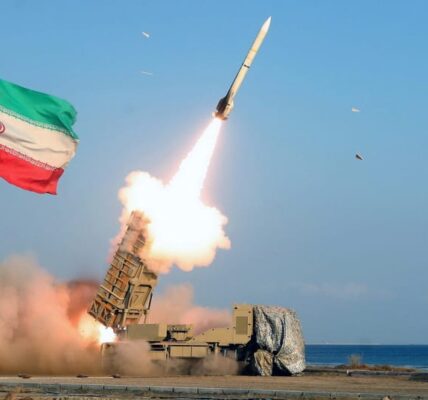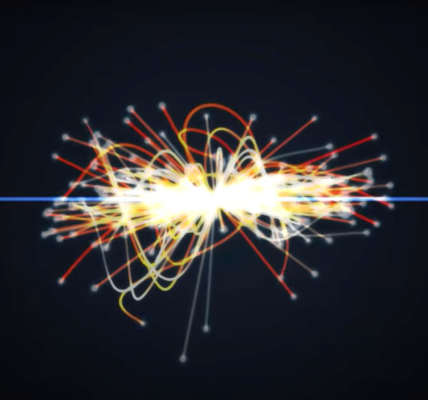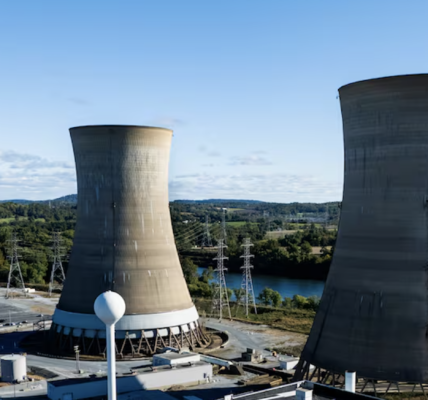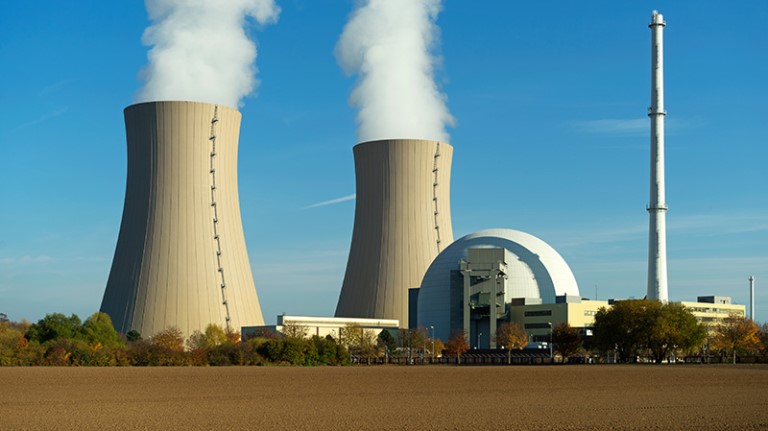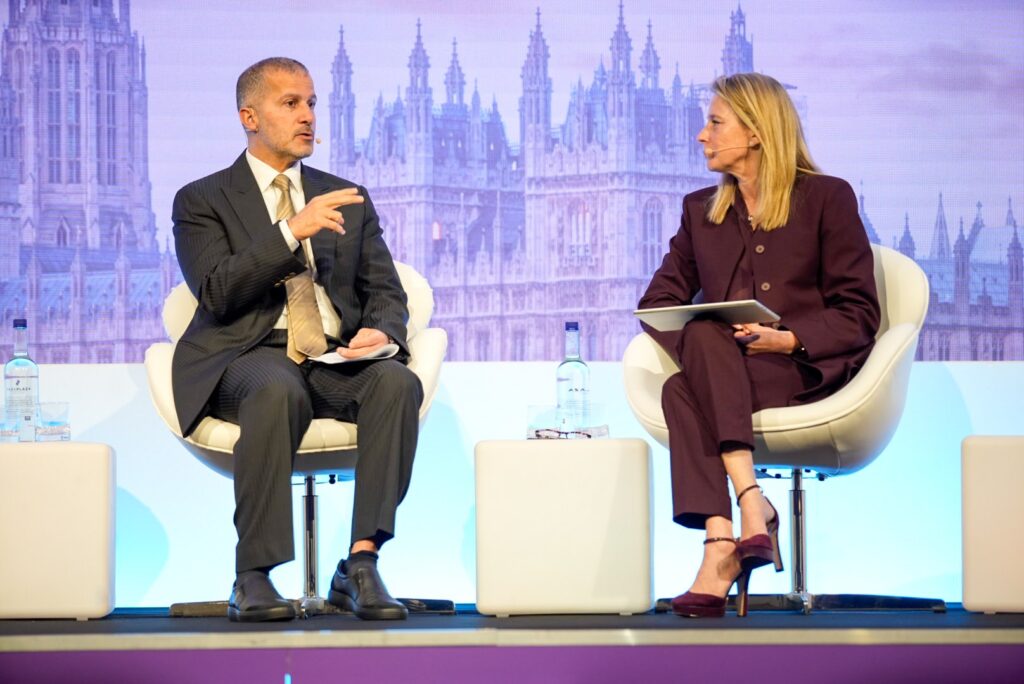
There is an urgent need to ramp up clean energy production, particularly nuclear power to meet the skyrocketing electricity demands driven by data centres and Artificial Intelligence. That is according to Mohamed Al Hammadi, the Managing Director and Chief Executive officer of the World Nuclear Association (WNA). Speaking at the 2024 World Nuclear Symposium in London, Al Hammadi said that the global demand for electricity is forecast to triple by 2050. Key drivers include the accelerating growth of data centres and advancement in artificial intelligence. (AI)
“In the last six years, the demand in the last six years for electricity from just four companies—Google, Meta, Microsoft, and Amazon—has grown by 45 terawatt-hours. That is equivalent to the output of four power plants that we have in the United Arab Emirates,” according to Al Hammadi.
Looking ahead, he said, the demand driven by AI is expected to be five to six times greater than the current computer power required to power the data centres which would put immense pressure on the global electricity supply.
Al Hammadi also highlighted the steel industry’s decarbonisation challenge.
“If we want to decarbonise all the steel manufacturing in the world, that will be equivalent to the current electricity generated in the United States of America,” he said. He said the world has two options: do nothing and remain a small industry or take decision action. By addressing the energy demand which would entail engaging with lawyers, financiers and technology providers, and optimising the nuclear supply chain, nuclear providers can create change and be at the forefront of progress, according to Al Hammadi.
There has been a change in the perception of nuclear energy whereby it is seen as a positive solution to climate change. This shift in perception, he said, has been happening since COP last year and the World Nuclear Association, has worked hard to change the public and politicians’ perceptions to “realise that this is a great solution.”
He said a lot of credit goes to the youth at COP a year ago who helped to get political acceptance of nuclear across the line.
“Today we have 120 nations have signed the declaration to triple nuclear and hopefully by the end of this year in September we will have more countries signing the pledge of tripling nuclear to meet net zero targets by 2050.
The next challenge is, he said, involve structuring and financing nuclear projects effectively, calling for interdisciplinary collaboration across legal, financial, and technical sectors. The WNA, he said, want to engage the finance community to change their lending policies to include nuclear.
It is important, he said to get the International Monetary Fund and the World Bank to understand that nuclear energy is a viable solution.
“I hope we can get this done with the World Bank and the IMF saying we concur that this is part of the solution.”
Al Hammadi, who is also the CEO of the Emirates Nuclear Energy Corporation announced that the fourth unit of the Barakah Nuclear Energy Plant in the UAE has entered into commercial operation taking the country another step towards net zero. The plant that generates 40TWh of electricity per year provides 25% of the UAE’s electricity needs.
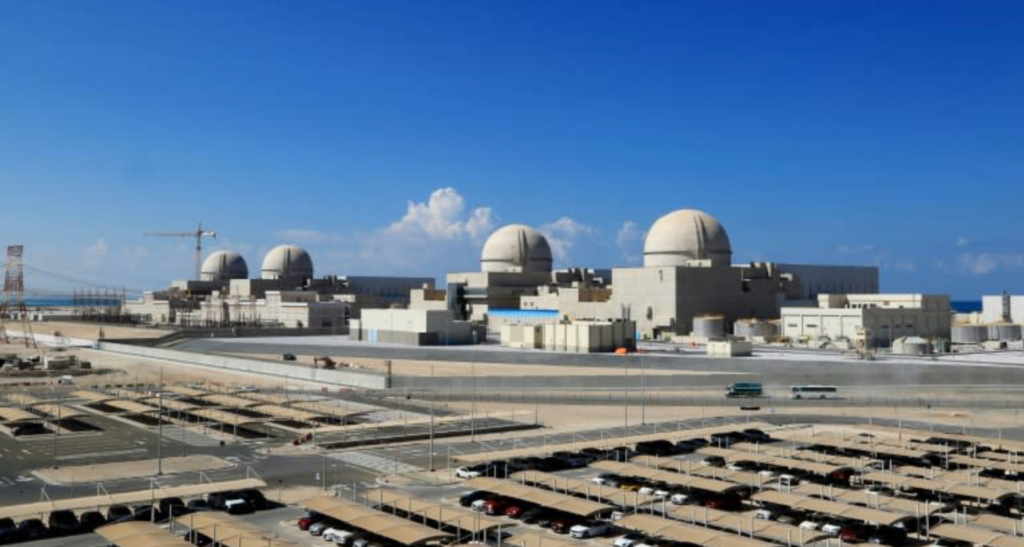
The UAE, he said, went from no expertise to four nuclear units operational in a decade. He said they were able to do that because they tapped into international talent including a partnership with Korea “all the way from fuel suppliers to equipment manufacturers and training companies.”

